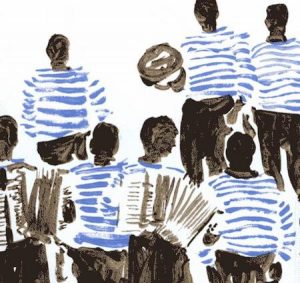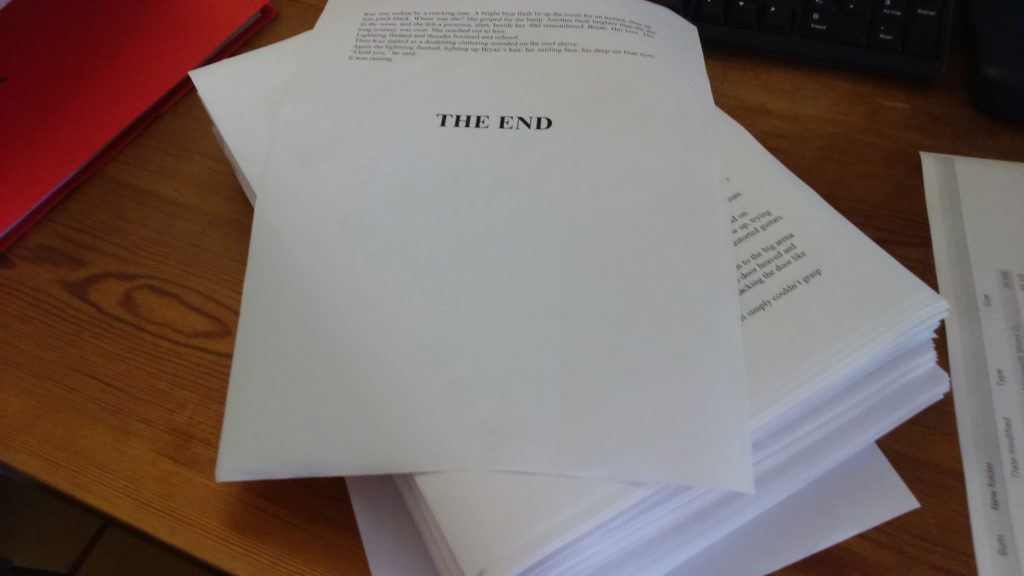
Havaneres
“My grandad went to Cuba
On board the Català
The best warship
Of the overseas fleet.
The helmsman and the skipper
And fourteen sailors
Were born in Calella
Were born in Palafrugell.”
This is my literal translation of the first verse of the havanera El Meu Avi (My Grandfather) a song known by almost everyone in Catalonia. The song recounts the glorious demise of grandad and all on board while defending the remnants of the empire: audiences at village fairs sing along and wave white hankies.
Havaneres are typical sailor songs or sea shanties that were brought to Catalonia by fishermen and traders returning from Spain’s Caribbean colonies, in particular Cuba, in the 19th century. In 1898 war broke out between Spain and the United States (la Guerra de Cuba, also known as El Desastre del ’98) which culminated in the loss of Spain’s remaining overseas colonies (Philippines, Puerto Rico as well as Cuba) — the end of the empire.

But the music lived on, in taverns and now as the mainstay of fairs and fetes throughout Catalonia, along with cremat (hot rum), another Caribbean legacy. Named, obviously, after Havana, the capital of Cuba, havaneres are sung in harmony, accompanied by guitar, accordion, and bass, by men in striped jerseys. The havanera has its own dedicated festivals: the most famous one is held every July on the beach of Calella de Palafrugell, world havanera capital.
Watch, listen and sing El Meu Avi
Enjoy!



4 Responses
So interesting. You made me curious about what they would sound like, so I went out and looked it up at Youtube. Is this a good example? https://www.youtube.com/watch?v=PZPerSPjTlM. I love the sound of it.
Well, this is a recent upbeat ‘rumba’ style version. You can hear the traditional one (at a festival) at the link at the end of the post. Have only just remembered how to embed the video 😀
Wow. So different than the version I found.
I listened to both, they were both nice, but liked the crowd one better, I think. I enjoyed that Tonia’s had the lyrics on the pic. Great information on what Catalans do. Thank you, Valerie.